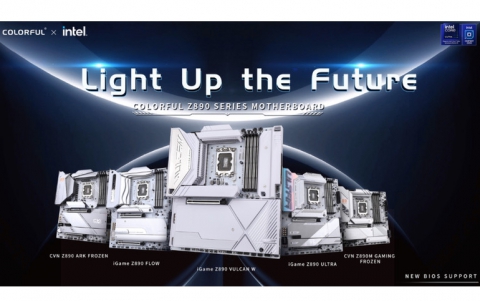The Stephen King experiment
1. Page 1
Having finished his novel entitled The Plant, which in the form of correspondence, Stephen King asked his readers to voluntarily contribute a dollar each, for the book to be "delivered" to downloading by anyone wishing to get it for free on the Web. The electronic publication experiment is full of agony and terror. Will its readers pay or not? On the other hand, traditional publishers are engulfed in terror at the idea of a big shot writer getting over them and trying to sell his product directly to his readers.
In a way, this fact has triggered off a new publishing company. Hoping to avoid the splitting electronic headaches tormenting music industry, the tycoons of the publishing industry have already started assuming their future posts. Yet, most of them fear the prospect of a direct, almost free of charge as well as varied distribution of the books they are now handling all over the nation.
Publishers are lucky. In contrast with the record industry products, books are not to be seriously threatened in the years to come. Recently though, both industries have been forced to tackle the same situation but their approaches differ. Record industry is at odds with consumers (Napster's favorite customers). In the world of publishing companies, this controversy has been focused on the relationship between publishers and writers. Should literary property royalties be higher on electronic books since the cost of production and distribution of the aforesaid products is restricted to a minimum level? Authors are in for an affirmative answer to this question whereas editors are hesitant to respond to it. As long as editors constitute the sole feasible means of best sellers to be, there is no point in the writers possessing their own printing houses and bookstores.
Stephen King's first electronic book, "Riding the Bullet" was patronized in its presentation by its editor who considered the 500,000 Web readers of the book as a substantial proof that the book-reading public was ready for the Internet.
"Most of our writers have been writing in their mind, and are not being in charge of small businesses, having to deal with customer service issues and credit cards exchanges," a book publisher points out. King does not seem to be preoccupied by all these: Amazon.com, the electronic commerce giant, is handling these exchanges with no cost for the writer himself. "We would be happy to help writers transform their books to digital ones," says Jeff Bezos, manager of the company.
That does not mean that publishers are crossing the threshold of their Doomsday, but a shift in the services they provide to ones that are to gain in gravity like editorship and, especially marketing. "The game will be won by those who maintain a good relationship with their readers," says writer Seth Godin. "If publishers carry on with it, their success is about to be certain".












